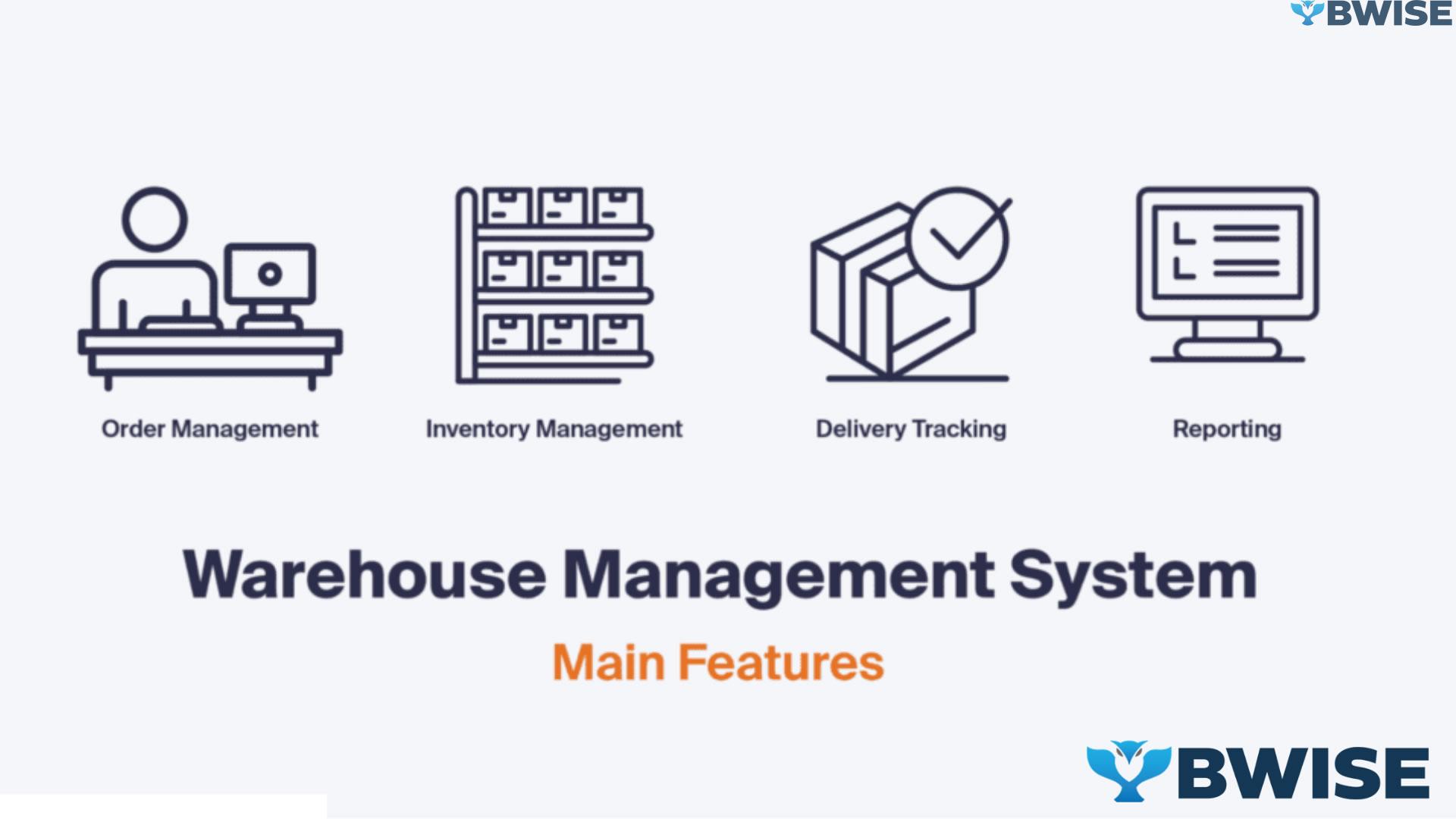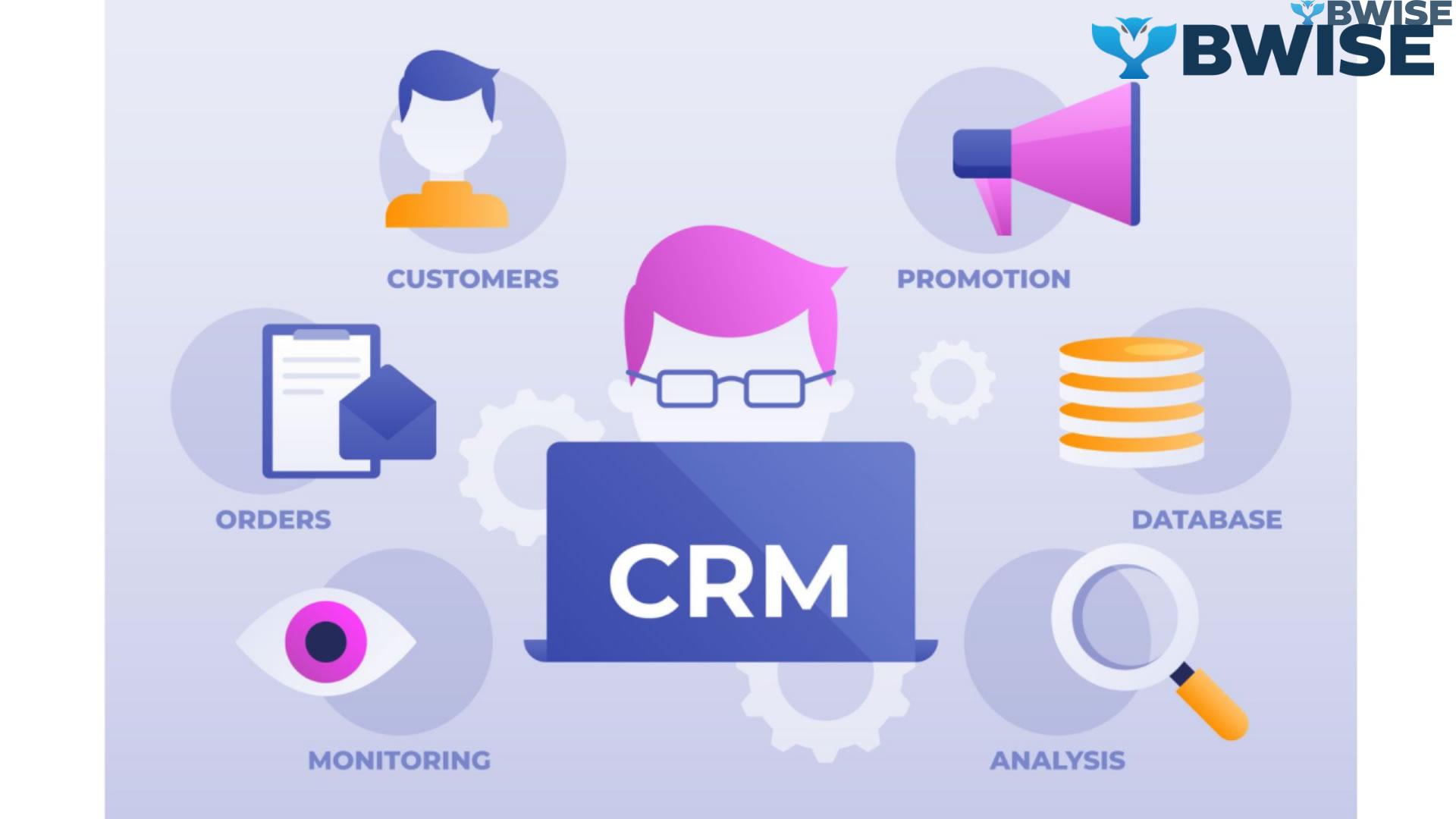Dealing with shifts in demand can be tough for businesses. As the client’s requirements increase, organizations must handle additional tasks without sacrificing precision or making customers upset. Tools like Enterprise Resource Planning (ERP) systems are crucial to prepare for high-demand periods like seasonal peaks.

ERP systems are like multi-tasking superheroes for businesses. They manage inventory, oversee supply chains, and keep a keen eye on the financials. That is not all. They’re also fantastic at customer service. With all data in one place, smoother processes, and the ability to switch gears quickly for hectic seasons, ERP systems boost business agility.
In this article, we will see how ERP systems can help your business do well when it is busy. We will talk about how to meet customer needs and stay ahead in the market.
Key Takeaways
- ERP systems integrate and automate critical business functions to enhance efficiency and agility
- ERP solutions enable businesses to better manage inventory, supply chain, and workforce during peak seasons
- Financial planning and forecasting capabilities of ERP systems help prepare for seasonal revenue fluctuations
- Data analytics and business intelligence features of ERP systems provide valuable insights to optimize operations
- ERP systems facilitate seamless customer relationship management and production planning during busy periods
Understanding Seasonal Business Challenges and Peak Demands
Operating a business that thrives in certain seasons has unique hurdles, particularly at high-traffic periods. Overseeing the delivery network can be quite the task. Creating strategies and orchestrating efforts to ensure a continuous supply is vital.
Managing stock gets pretty tricky during peak times. Striking a sweet spot between having just enough and avoiding excess is not easy. An ERP system, however, can make controlling inventory quantities much smoother.
Handling customer relations (CRM) is also vital. It is essential to maintain top-notch service during peak times. CRM tools elevate communication, ensuring customer satisfaction, regardless of busyness.
Winning as a cyclical enterprise requires strategic foresight and the utilization of proper devices. Confronting the trials of utmost activity periods enables businesses to thrive during those bustling seasons.
The Role of ERP Systems in Business Optimization
Managing a business is not easy, but enterprise resource planning (ERP) systems can help. They handle different aspects like finances, inventories, and supply logistics. A complete business overview becomes accessible this way.
ERP systems excel in storing data. They assist companies in comprehending their financial status, inventory, and supply chain. This data serves as a guide for smarter decision-making and preparing for peak and off-peak periods.
ERP systems help various business segments work in harmony, like accounting, purchasing, and logistics. They identify and correct issues, boosting efficiency.
ERP systems handle jobs on their own and gather data in one place, freeing up time. This allows companies to zero in on vital objectives and fulfill customer requirements promptly.
In summary, ERP systems are particularly important for businesses. They help improve how things work, manage money better, and get ready for busy times all year.
Streamlining Inventory Management for Peak Seasons
For businesses dealing with seasonal fluctuation in demand, great inventory handling is necessary. Critical to this is ERP systems, especially during peak periods. These systems provide immediate updates on stock availability enabling companies to satisfy customer requirements promptly.
ERP programs having robust inventory control traits stop shortages and surplus. They execute auto-reorders based on projected demands. This method cuts down missed sales and surplus inventory charges.
ERP setups bolster the oversight of supply chains. They enhance the management and oversight of stock, too. Companies can foresee customer demand by assessing sales figures and patterns. These insights enable improved strategy and choices during demanding times.
ERP systems help businesses better manage their stock. They can meet the surge in orders during busy periods. This makes customers happy and enhances the smooth running and earnings of operations.
Supply Chain Integration and Management
Running a smooth supply chain is vital for companies, particularly during high-demand seasons. Company needs can greatly shift. Tools like Enterprise Resource Planning (ERP) can improve the flow of supply chain tasks. They make sure every department and supplier collaborate effectively.

ERP systems help track inventory and plan production. This lets businesses meet demand changes quickly. They also make ordering and working with suppliers easier.
ERP systems give real-time views of the supply chain. This helps spot and fix problems. It is important for meeting high customer expectations during busy times.
Employing ERP configurations in cohesion with the supply chain can significantly benefit businesses. It enhances manufacturing procedures, simplifies inventory management, and increases customer satisfaction. Adapting this approach aids enterprises in maintaining an edge, especially amidst intense fluctuation in demand.
Financial Planning and Forecasting Capabilities
For firms, solid money handling is crucial, particularly in bustling times. It is in these moments where cash movements and budget strategies take the lead role. Tools that project and plan finances are offered by ERP (Enterprise Resource Planning) systems, aiding in this effort.
ERP tools blend immediate monetary info from every corner of the firm. This creates a complete portrait of the company’s fiscal wellbeing. It is ideal for forecasting income, costs, and money flow in peak periods.
ERP systems use high-level data analysis and business knowledge to examine old data. They can also recognize patterns and create thorough financial predictions. These predictions assist in forming crucial business choices.
ERP programs prepare companies to handle shifts in demand when things get hectic. They improve the precision of budgeting and prediction. This enables businesses to ready for cash flow requirements, allocate resources effectively, and make wise decisions on stock, personnel, and investments.
Merging ERP systems with economic management boosts business accounting and significant financial tasks. This union brings about prompt, precise reporting. It aids in monitoring the firm’s financial wellness and simplifies tweaks.
Workforce Management During Peak Periods
Managing personnel in peak periods is crucial for company growth. Enterprise Resource Planning (ERP) solutions provide significant assistance. They prepare your establishment for increased workload.
ERP tools are superb for businesses that peak during certain seasons. These useful systems aid in organizing work shifts and handling short-term workforce. They simplify processes, such as setting up work hours, keeping track of time spent, and monitoring performance. This allows for optimal staff utilization, minimizing the risk of driving your permanent employees to a burnout.
ERP systems simplify teamwork and intelligent decision-making. These systems give managers a glance into their employees’ performance and guide improvement. It is crucial for businesses facing fluctuating demand levels.
A beneficial use of ERP systems improves your team management. It allows for flexibility to cater to emerging needs and ensures customer satisfaction during peak times. This clever strategy in handling human resources contributes to your business expansion and maximizing high traffic periods.
Data Analytics and Business Intelligence Features
Businesses grappling with seasonal highs could benefit from ERP systems. These provide in-depth analyses that enhance operations and promote informed decision-making. This gives firms a competitive edge.
ERP systems come with strong data analytics features. They monitor key performance data like inventory levels and financial predictions. This offers a comprehensive snapshot of the company’s condition.
By using data analytics, leaders can spot trends and predict changes. They can then make smart choices to improve operations and increase profits.
ERP solutions also turn data into useful insights. They have easy-to-use dashboards and reports. This lets managers quickly get the info they need for big decisions.
During busy seasons, this real-time view is important. It helps companies react fast to changes and grab new chances.
ERP systems with data analytics and business intelligence help businesses succeed in peak seasons. They offer tools for better inventory management, workforce planning, and financial forecasting. These features are essential for staying competitive and achieving success.
Customer Relationship Management Integration
In our speedy modern era, ERP systems are essential for businesses with a seasonal rhythm. These tools integrate CRM functions seamlessly. Such a duo enhances the way we manage interactions with customers and strengthens bonds during peak periods.
A combo of ERP and CRM systems does it all. From tracing orders to auto customer help to custom marketing, they have you covered! Businesses become swift and primed, ready to cater to customers, even in peak times.

Linking CRM with ERP systems is about gathering all customer information in one spot. This lets companies see exactly what their customers prefer and require. Armed with this knowledge, they can tailor their marketing to get personal and serve customer wants effectively during busy periods.
Joining CRM and ERP systems enhances customer care. It streamlines jobs, freeing workers to zero in on delivering awesome experiences. This technique boosts both customer satisfaction and faithfulness. It also encourages positive responses, aiding company growth in peak seasons.
Manufacturing and Production Planning
In the world of seasonal businesses, making manufacturing and production plans is key. ERP systems help a lot in these areas. They help companies stay on top of demand’s difficulties.
ERP systems are great at planning capacity. They look at past data and predict future trends. This lets businesses know how much to make during busy times.
ERP systems also handle materials planning well. They keep an eye on inventory and order what is needed. This keeps supplies flowing, avoiding delays when demand is high.
ERP systems also focus on quality control. They make sure products stay good even when making more. This means fewer quality issues and happier customers.
Project Management and Timeline Coordination
ERP tools are a big help with project control, even in the high-demand times. Packed with robust abilities for timeline and resource checks, your firm can smoothly navigate through hectic times.
ERP systems excel in gathering project management tasks in one spot. They provide a unified platform for setting tasks, following advancement, and directing resources. This streamlines dealing with periodic shifts and rapid resource adjustment.
ERP setups also include data examination and report generation facilities. These utilities shed light on project schedules, assisting in identifying and rectifying issues soon. ERP equips your enterprise to handle seasonal upswings capably, delivering top-notch service, yet utilizing resources judiciously.
Implementation Strategies for Seasonal Businesses
Implementing an ERP system for seasonal businesses demands a clever strategy. Recognizing the unique hurdles during peak periods and tweaking the ERP system is key. Surveying their operational process, inventory management, and crew coordination is essential to ensure all elements gel effectively.
ERP systems are perfect for seasonal businesses when applied gradually. This allows the business to integrate it slowly, evaluate it and modify it as needed. Shifting the data, prepping the team, and handling adjustments are vital elements to a smooth transition.
It is also vital to make sure the ERP system fits with the business’s money planning and forecasting. This helps seasonal businesses handle changes in demand better. It makes sure they use resources well and manage stock effectively.
Putting ERP systems in place for seasonal businesses is a big job that needs careful thought and action. By tackling these important points, companies can use ERP to improve how they work, be more efficient, and do well when it is busy.
Conclusion
ERP systems have changed the game for businesses dealing with seasonal peaks. They handle key tasks like inventory, supply chain, finance, and data analysis. This helps companies work better and stay efficient when demand is high.
ERP systems make workflows smoother, improve visibility, and help make smart decisions. They help manage stocks, schedule teams, and meet customer needs. This ensures a broad experience for customers all year round.
ERP systems are crucial for businesses facing seasonal difficulties. They help companies get ready for and manage peak times. With ERP, businesses can grow and stay competitive, adapting quickly to latest trends.
